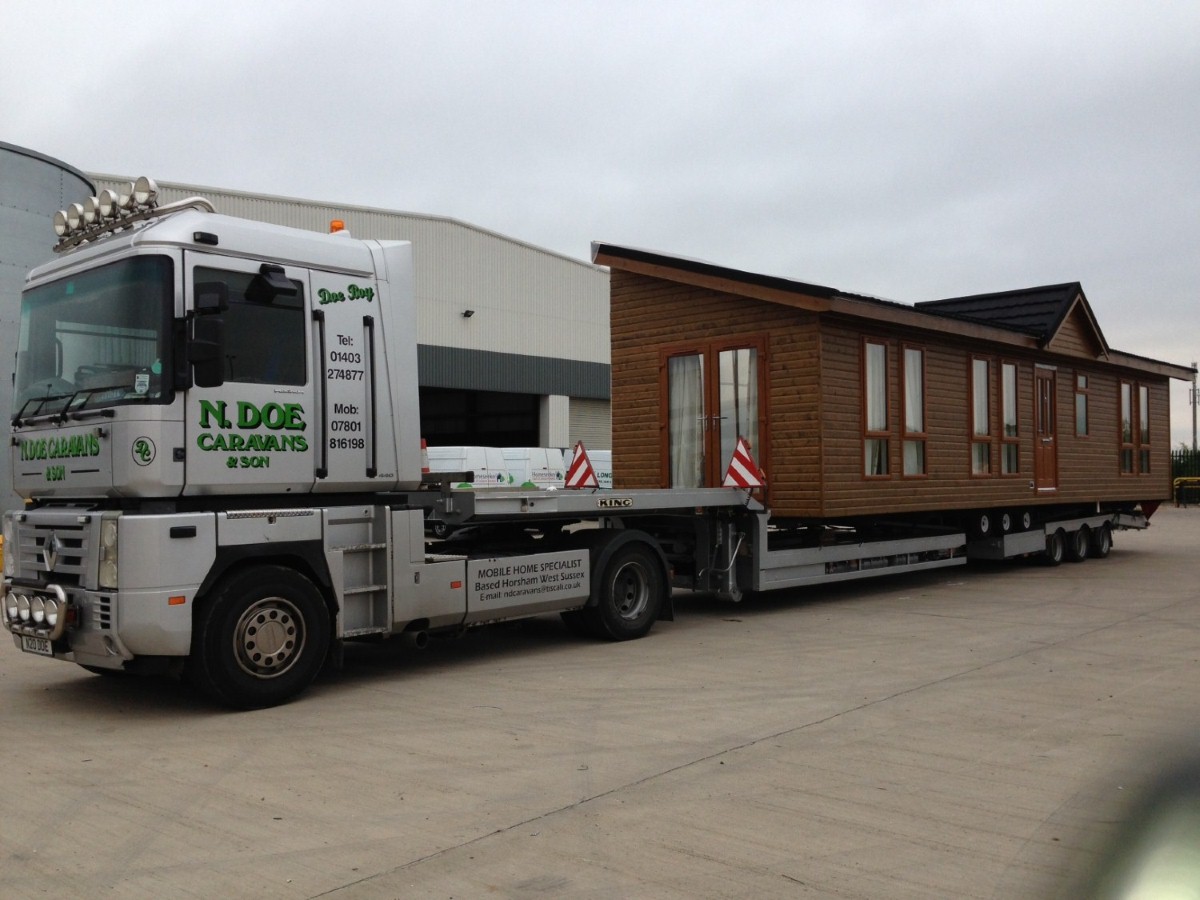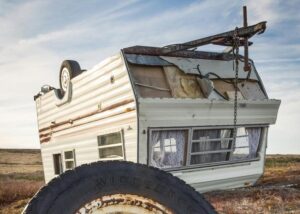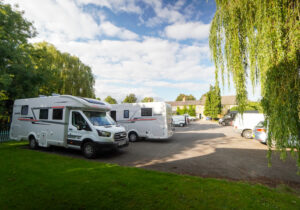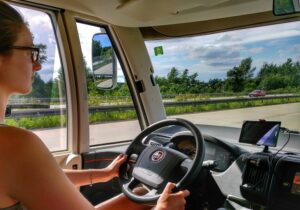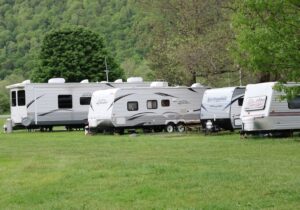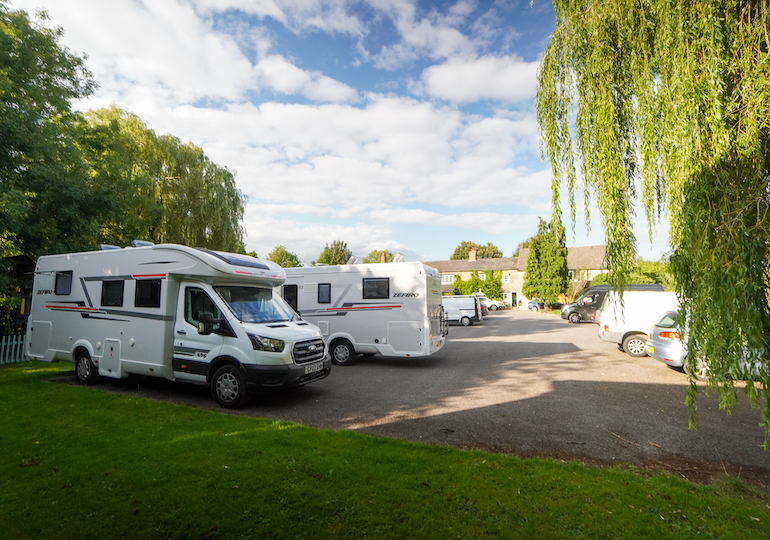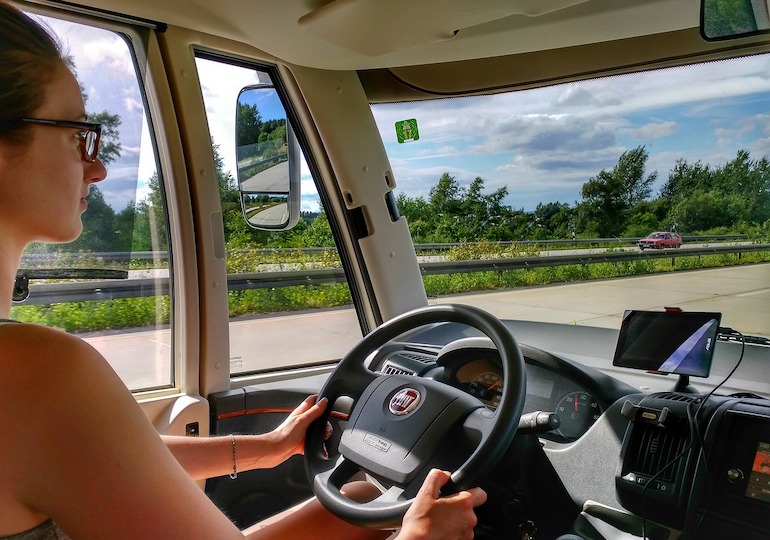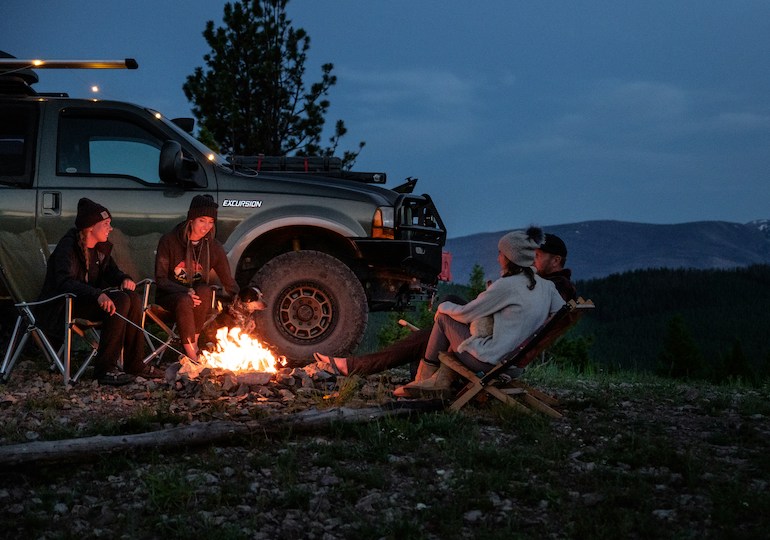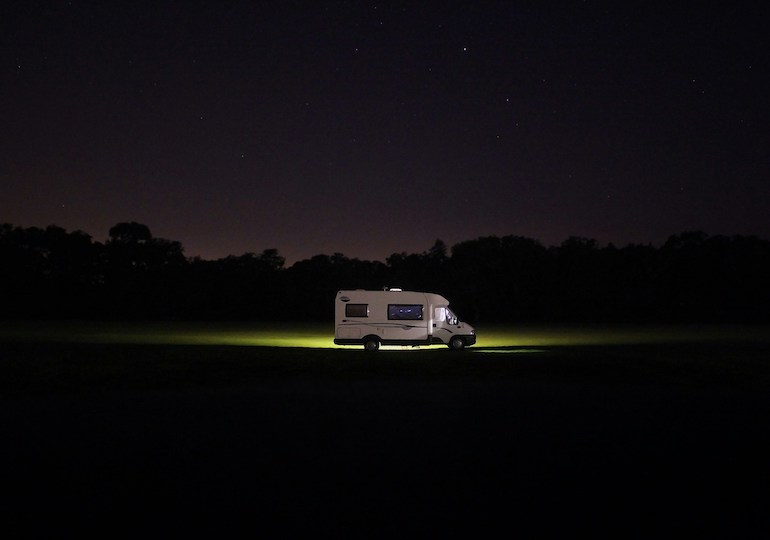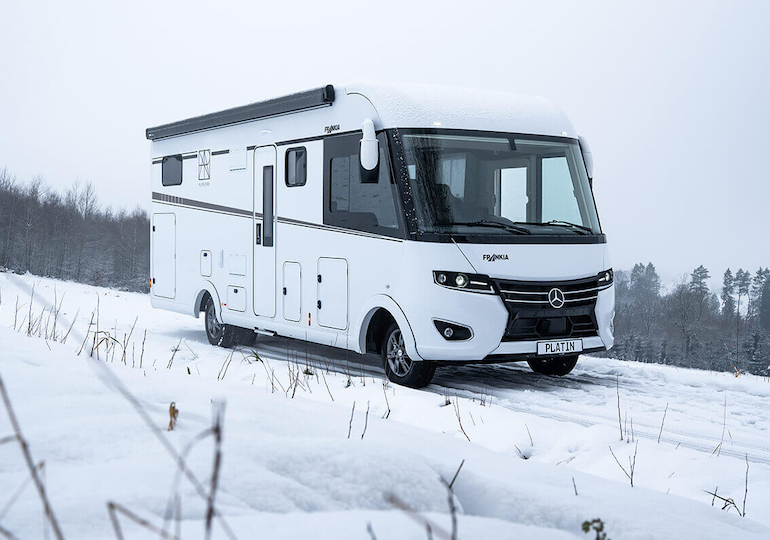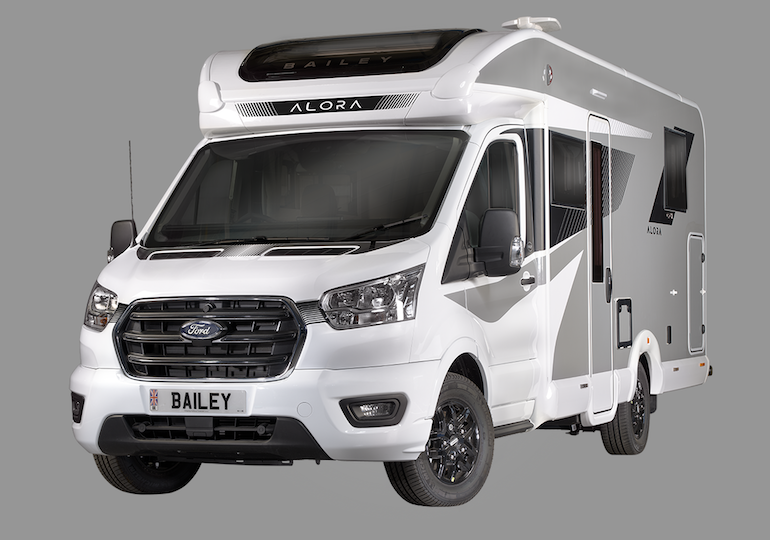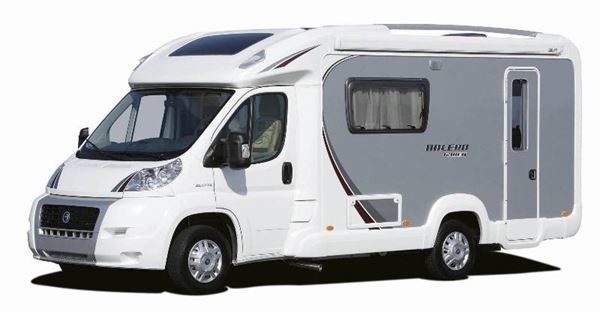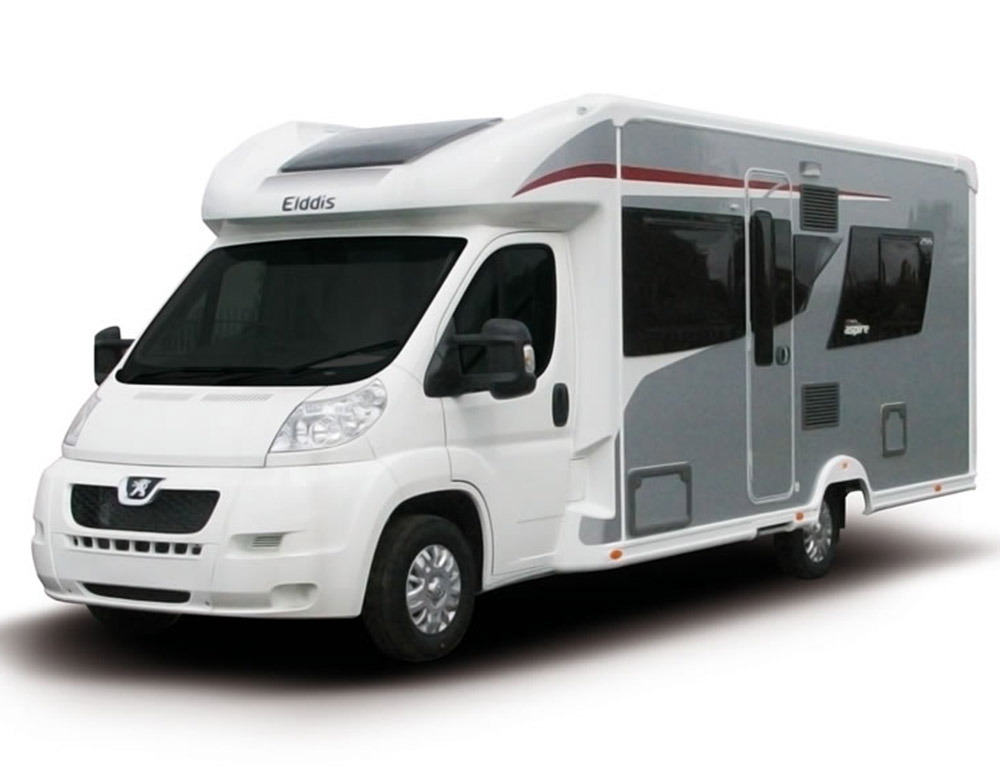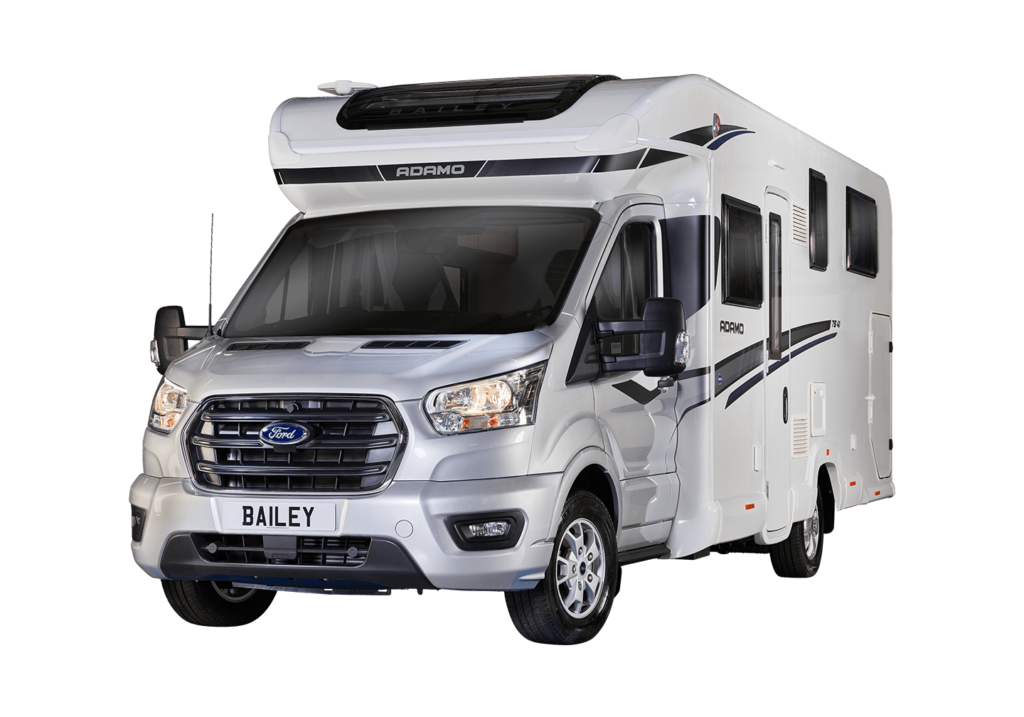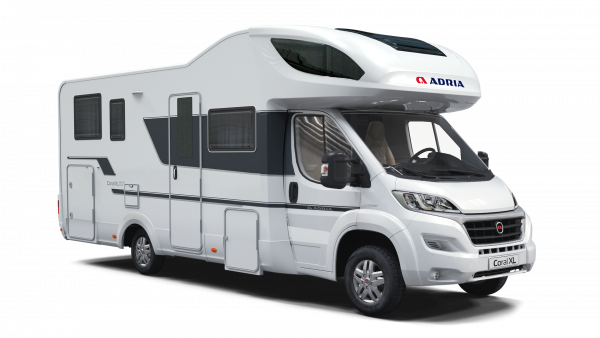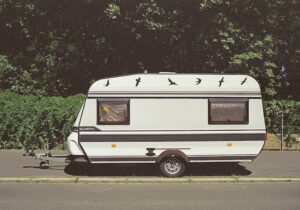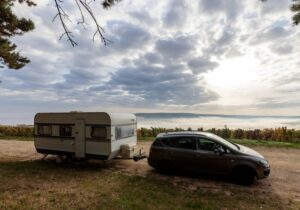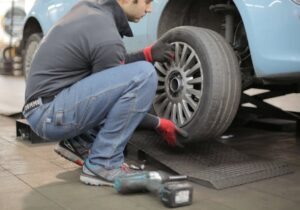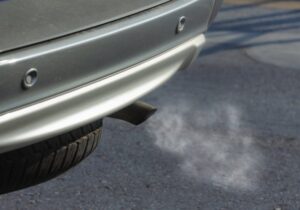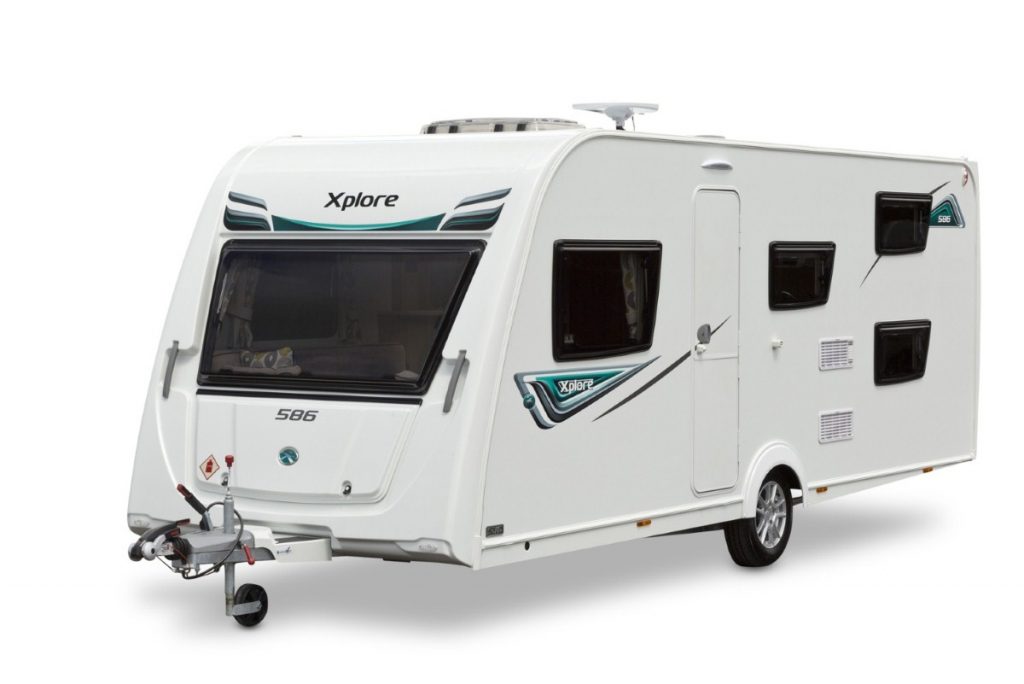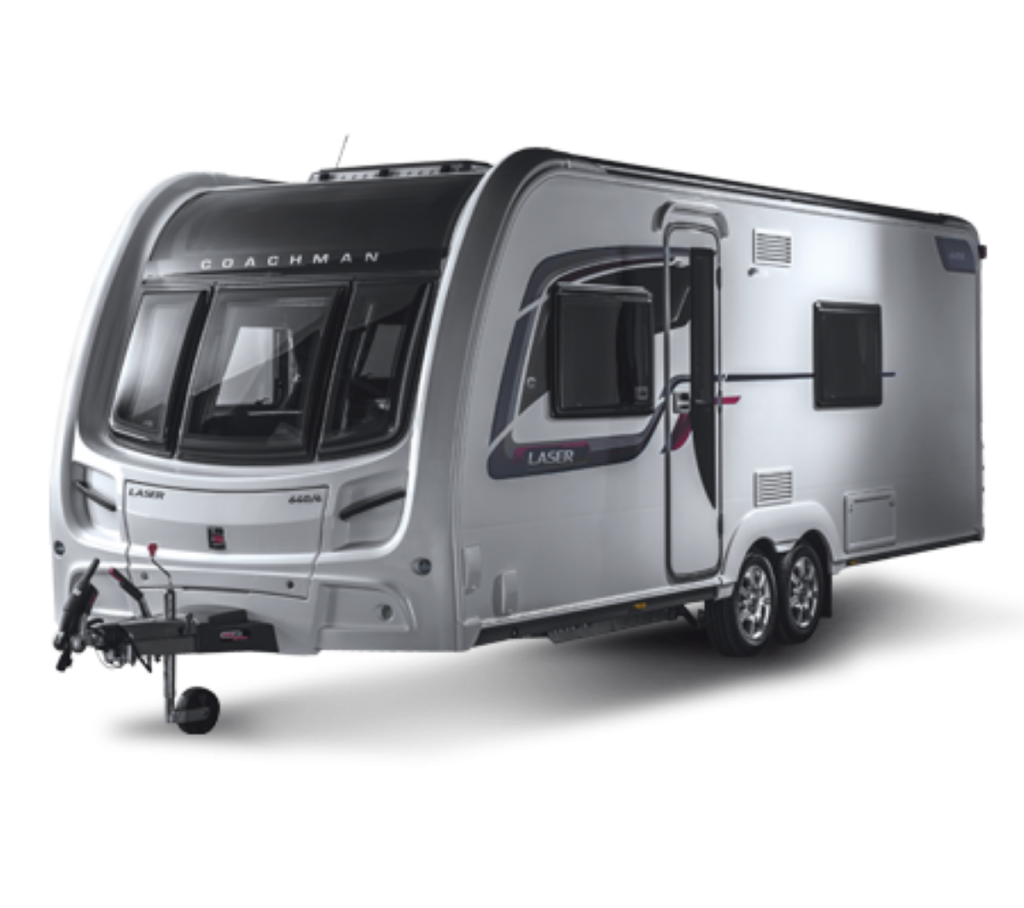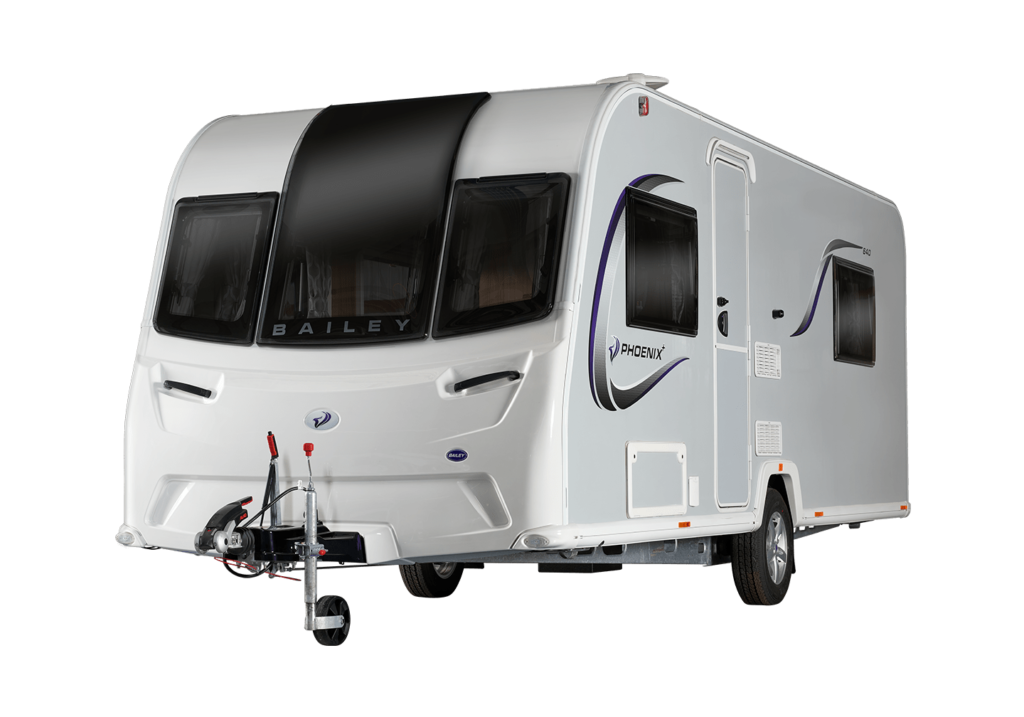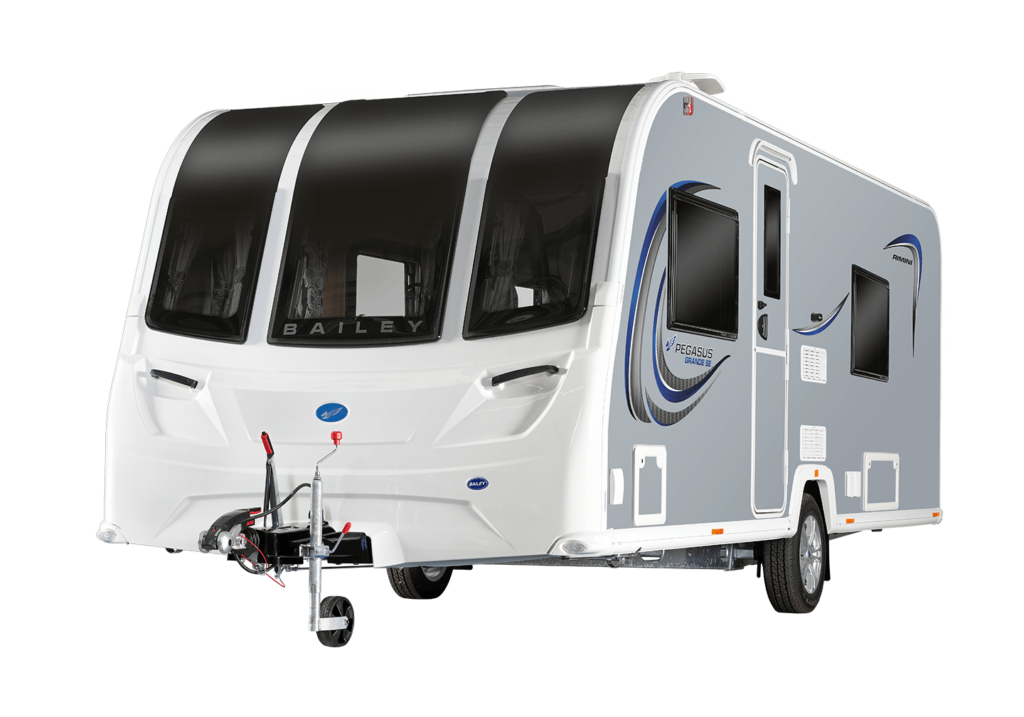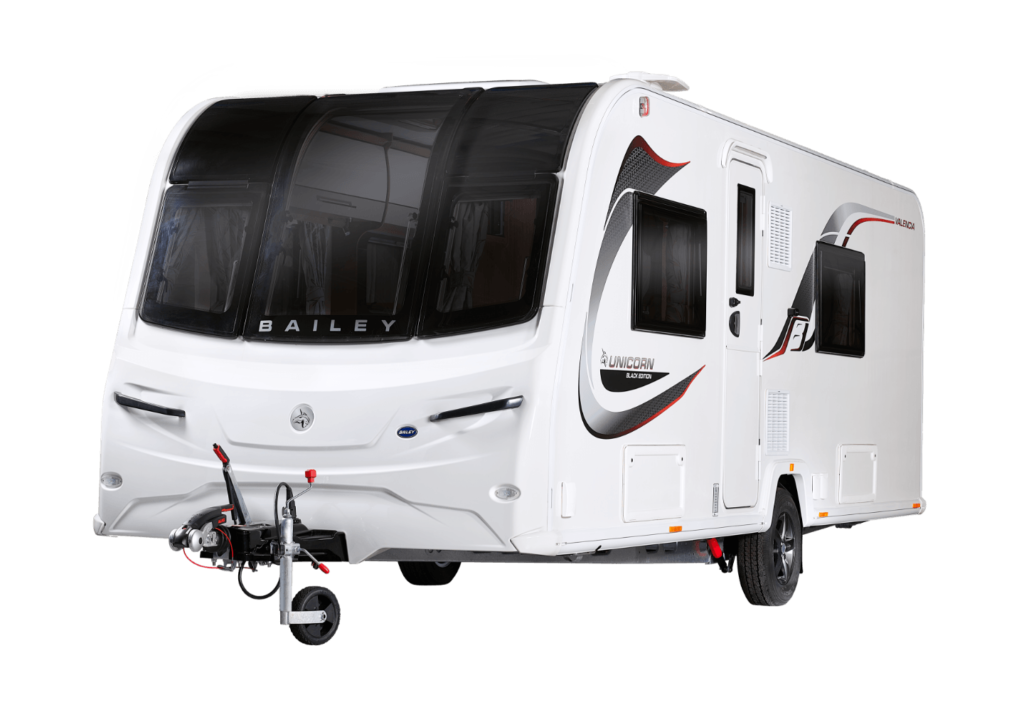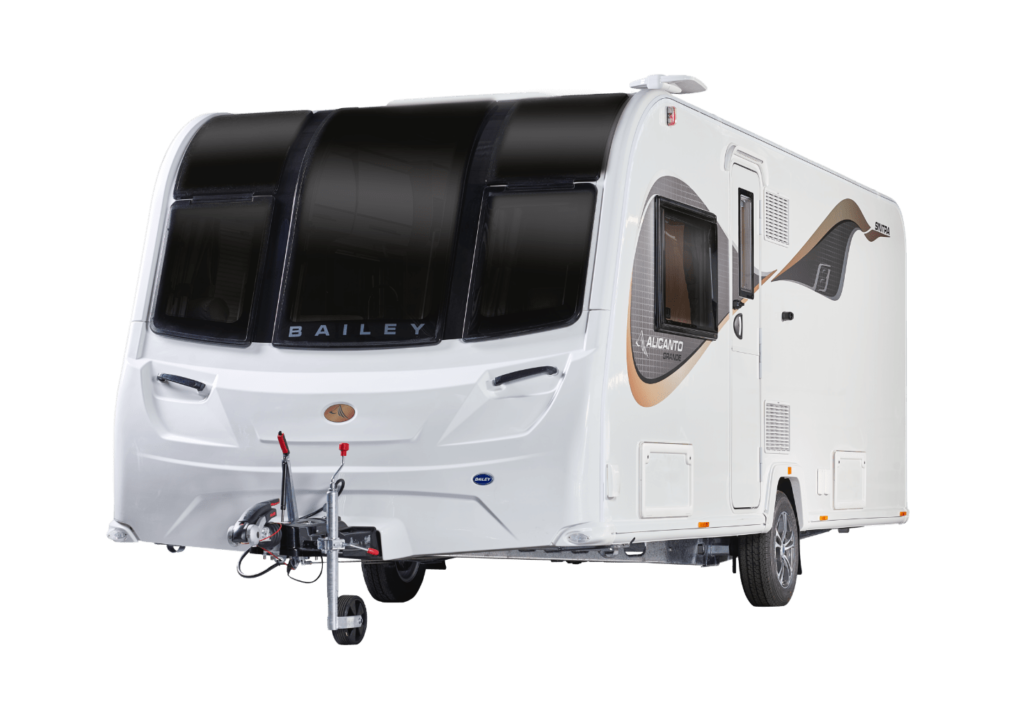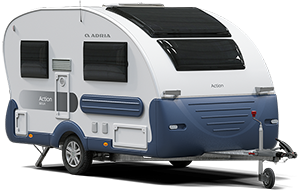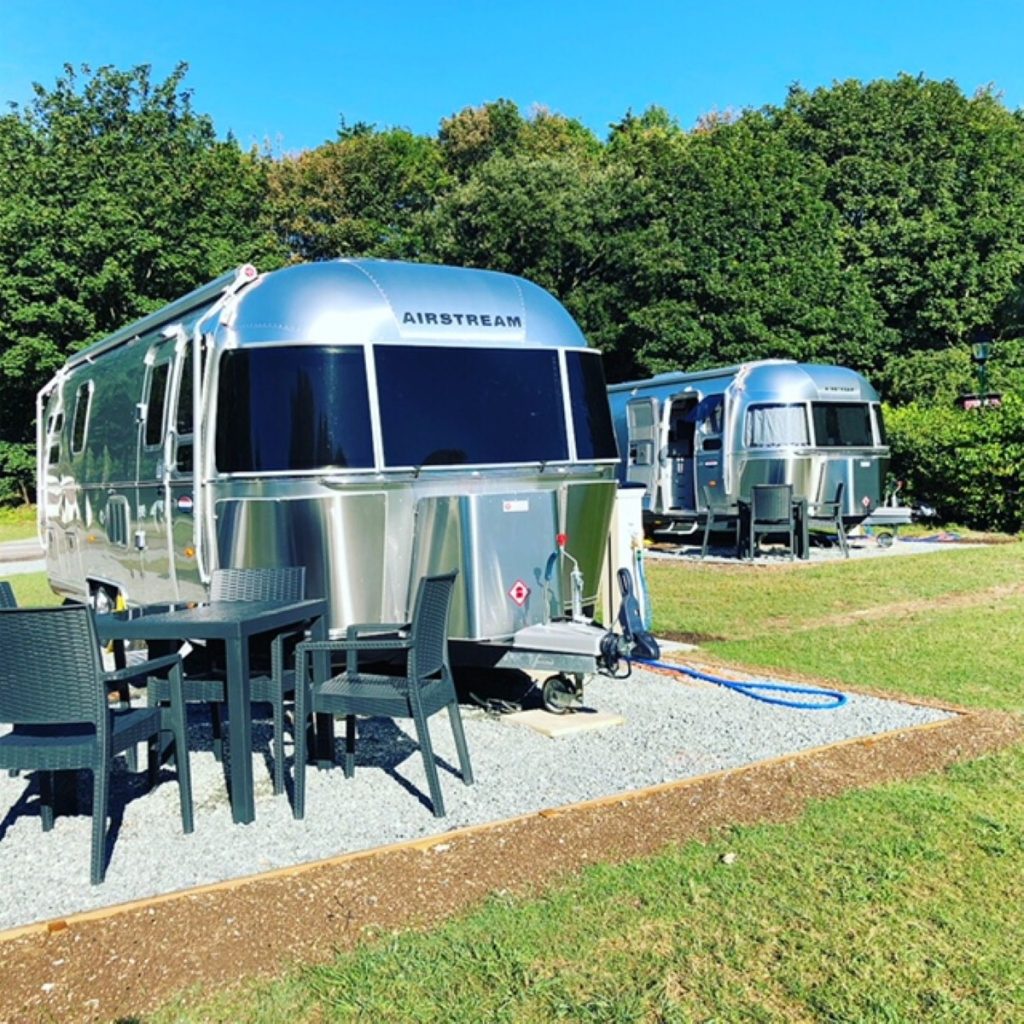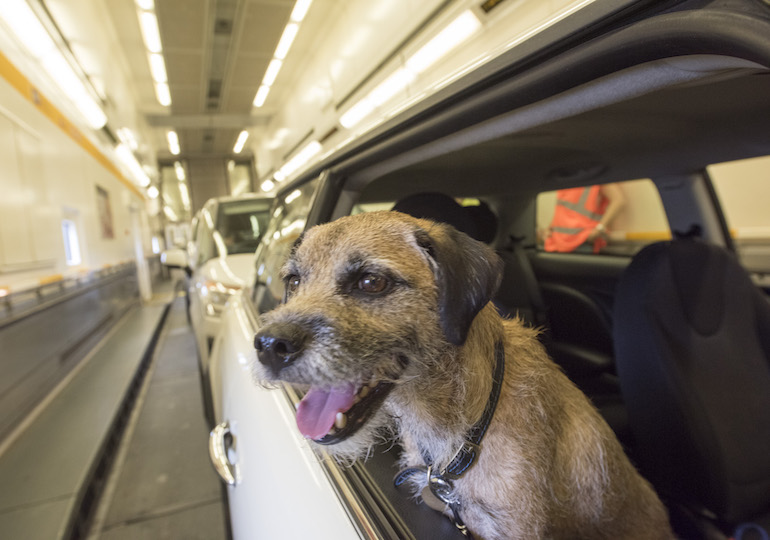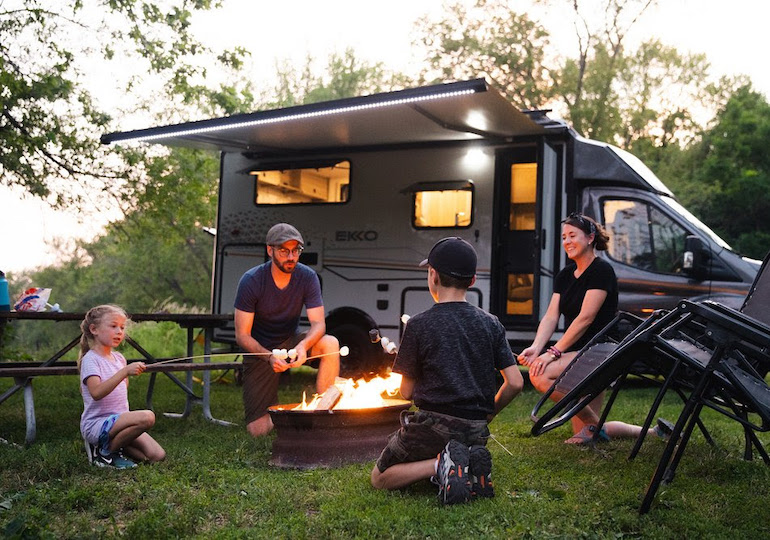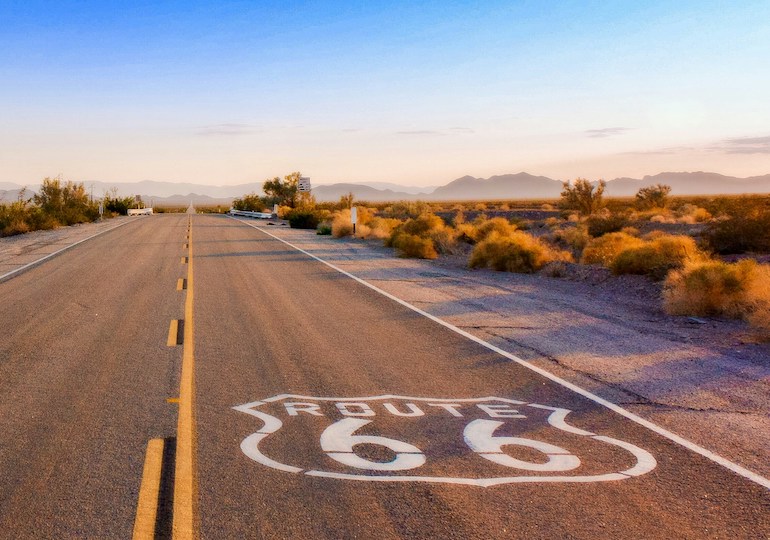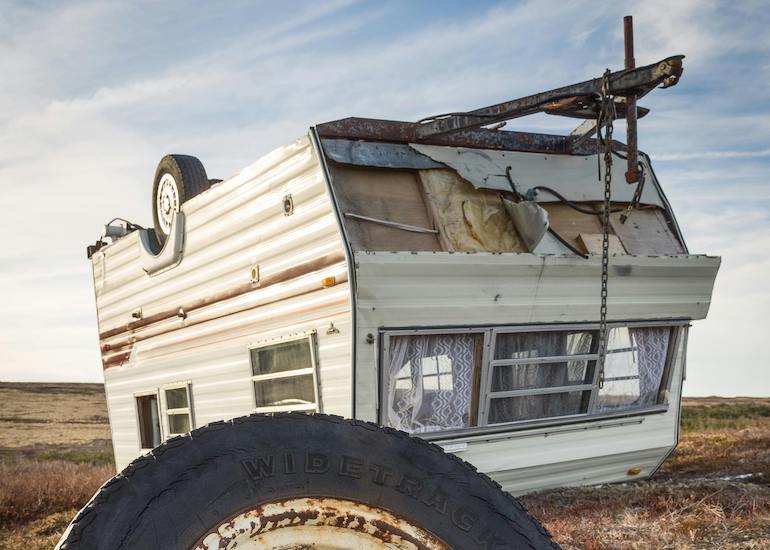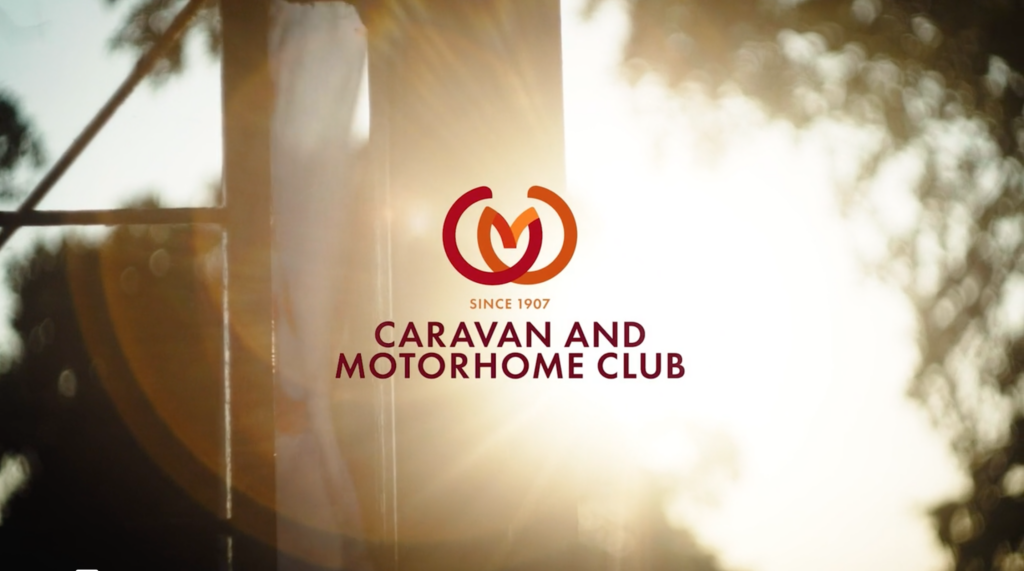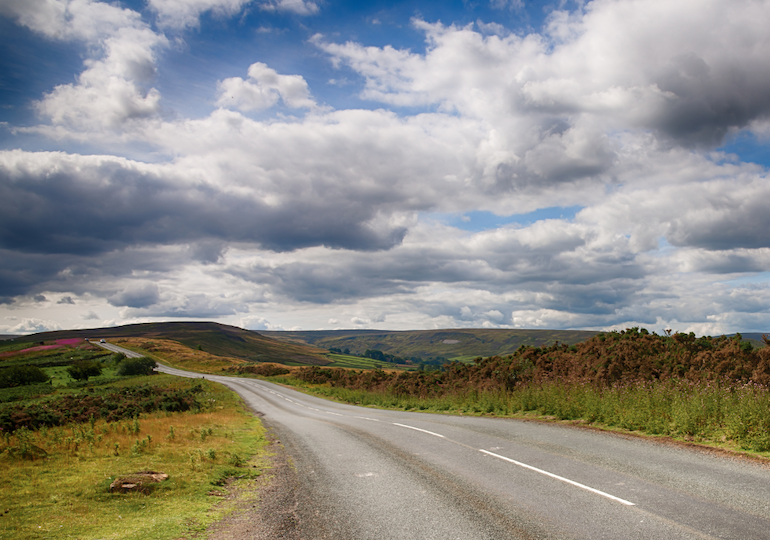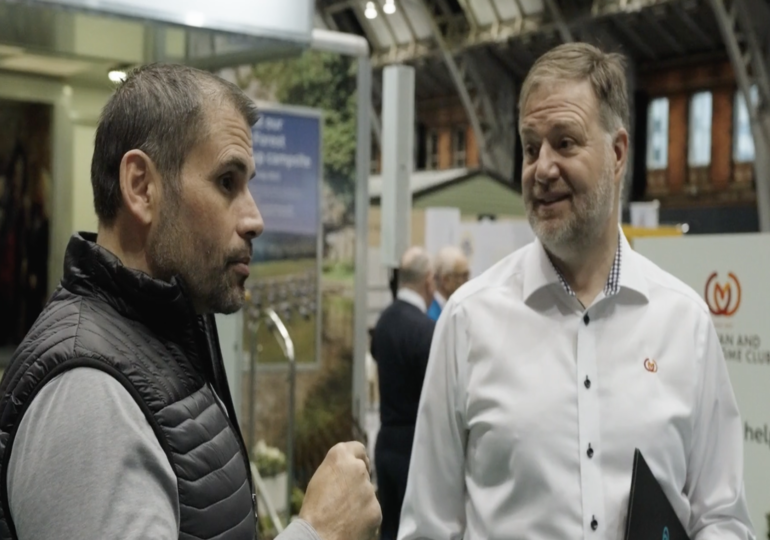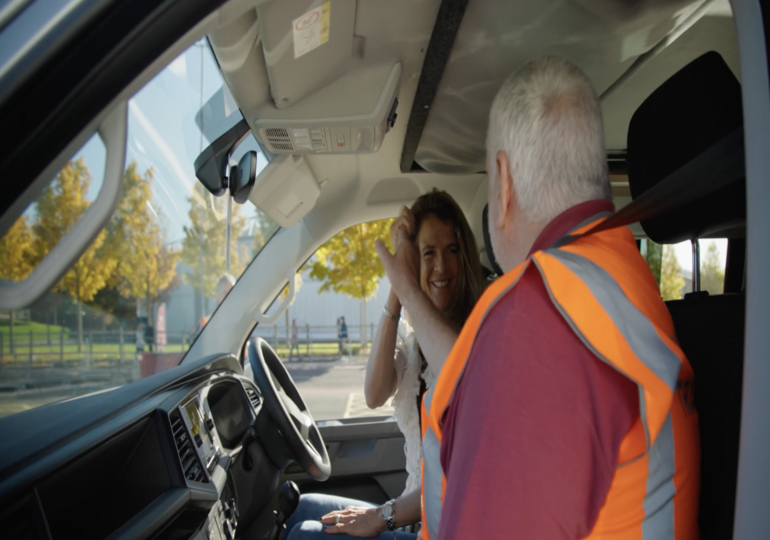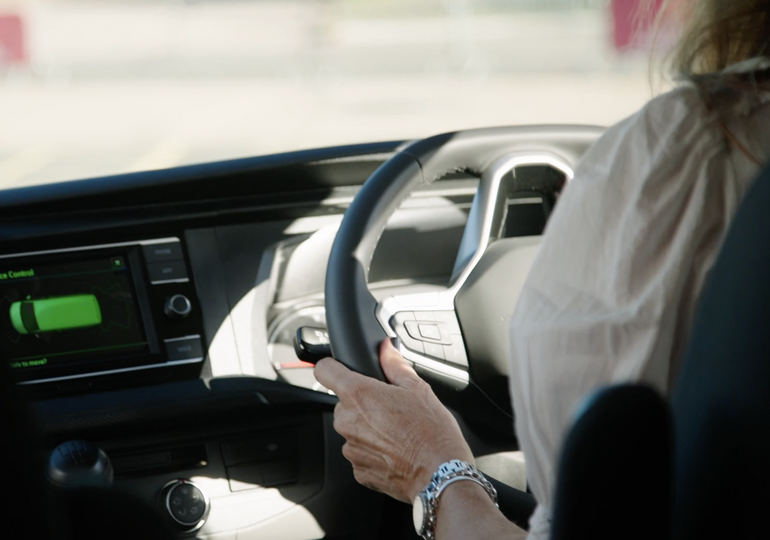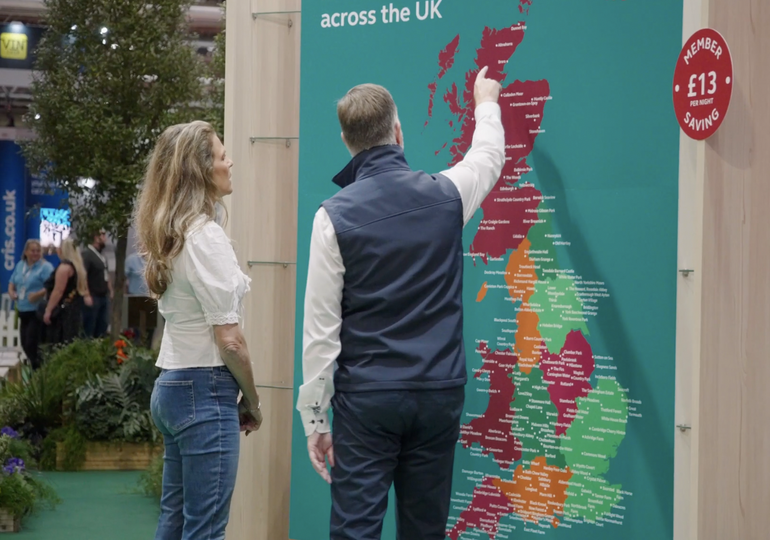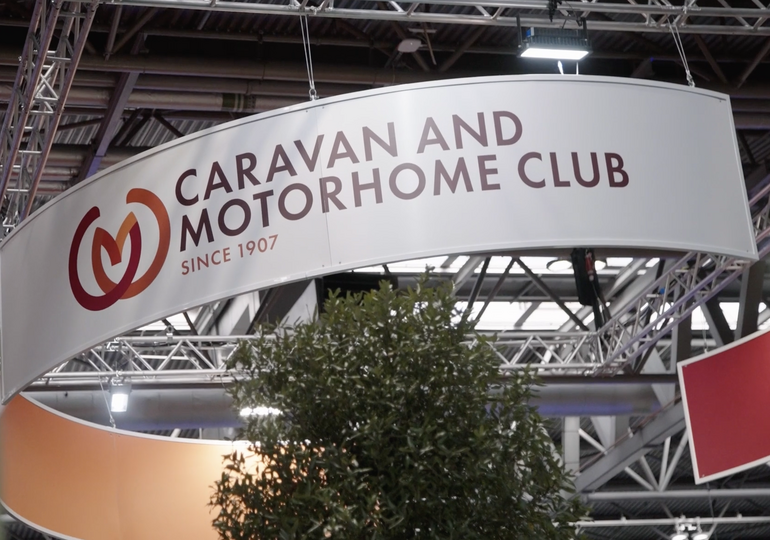By William Coleman
I have always wondered what work actually goes into moving and transporting the large static caravans. When I’m driving and I see a massive static caravan driving on a motorhome my mind boggles as what that process must be, because you’re basically moving a house.
What I did not factor in what the sheer amount of work and cost that goes into something like uprooting a caravan and moving it to a new location. So here is a look at the trials and tribulations of static caravan transportation.
A Practical Guide on Preparing Static Caravans for Siting & Transportation
Siting and re-siting a static caravan is a reality of a caravanner’s life, whether you’ve just bought your latest model or are simply moving to enjoy a new location. During siting and transportation, safety is essential, and cost is also a factor, meaning you want to get it right first time.
To help you plan ahead, we spoke to Sussex based N. Doe Caravans, specialists in second hand statics since 1970, to create this practical checklist:
Secure anything that might move
With these preparations completed, your personal possessions, valuables and home furnishings will be ready for you to enjoy at your new location.
Disconnect decking, water, electric and gas
A caravan can’t be removed for transport if it’s still connected to the ground via decking, pipes and cables. Make sure you have arranged for any decking and all of the services to be disconnected as your transport provider will not be a qualified plumber, gas engineer or electrician.
By choosing trusted professionals accredited for these services, you ensure your mobile home is safe and will be disconnected to the correct standards, meaning re-connection will also run smoothly. This may also protect your static should it be under warranty, or under the terms of any insurance, in the event anything goes wrong.
Check your access
Bare in mind anything that may have changed around the caravan since it was installed that would affect its movement.
Have your neighbours installed decking? Have more units since been sited in the way of your access? Are there new walls or gates since your unit arrived, or any trees that now having low hanging branches?
A lot of haulers will either refuse the load and still invoice if you haven’t arranged suitable access, or will accept no liability for damage resulting from poor access.
Book the right transportation
You have to book the right transport for your specific static caravan to ensure it can be collected successfully. Typically you will need a lorry for this purpose, and for wider caravans (12ft or wider) an escort vehicle, which is normally a saloon car or van.
When getting your quote, provide as much information as possible – state you need a unit de-sited and re-sited (if applicable), so lowered off its stands and then pitched, jacked and levelled at its new location. You also need to specify if you have decking. For twin units, you will require a siting crew to split them up, brace and sheet them for transport.
Due to the specialisms and knowledge involved, don’t assume the haulage company will provide everything you need without the right information on your load or loads. As large units – 14ft and over – will be under a more expensive class of Road Tax and some even requiring a Police escort, check your provider is set-up for these loads and finally, always check your quote before booking and sending payment.
More information
Don’t hesitate to get in touch with N. Doe Caravans if you have any questions and are looking to move your static in the South. More details on how they can help can be found here, and they cover siting, relocation and preparing units for travel and storage. With over 40 years’ experience, they’re adept at coming up with solutions and providing friendly customer service.

